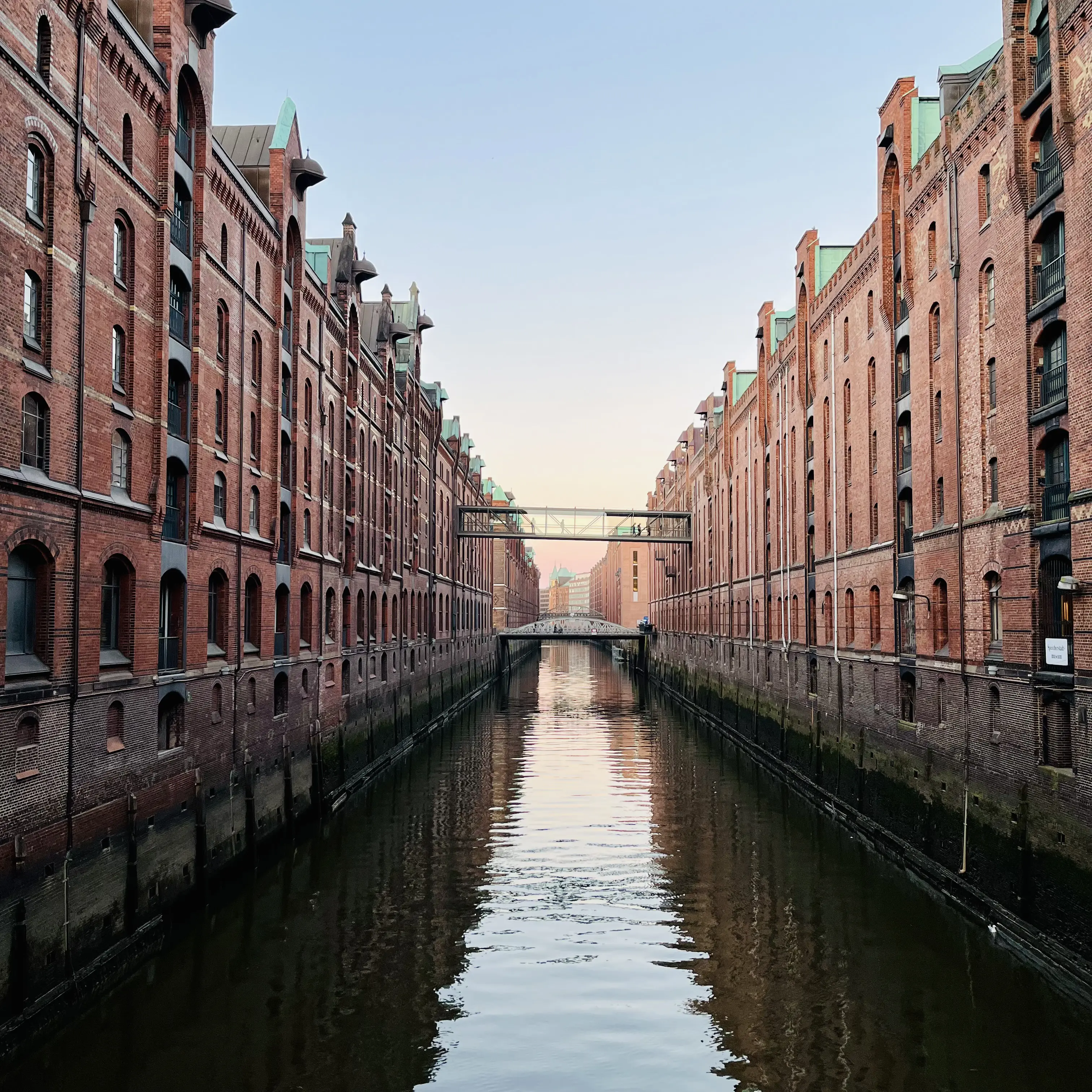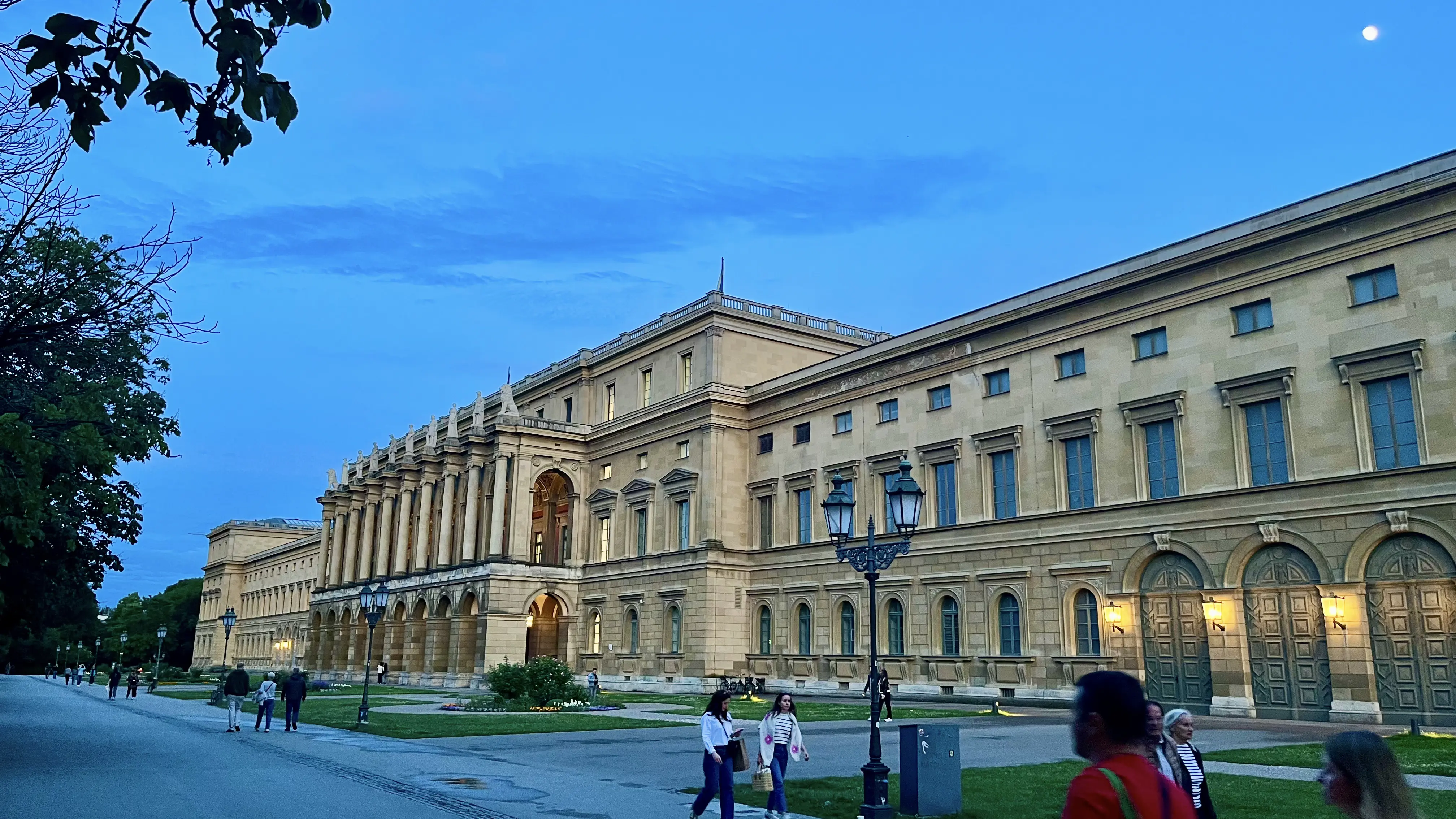As someone who lives in a country different from the one I was born in, I often see people confuse the terms expat and immigrant. Instead of giving textbook definitions, I want to share how I understand these two words based on my own experience.
Who Are Expats?
To me, an expat is someone who moves to another country for a short time. This could be for a few months or a few years. Their main reason is usually to explore a new place, meet new people, and maybe enjoy a different lifestyle. A lot of them work in the tech industry. Some work remotely and choose to live in countries where the cost of living is lower. This way, they can enjoy a higher quality of life while earning the same salary as in their home country.
Expats often spend time with people who are just like them. Many are not very interested in learning about the local culture, history, or rules. They often compare everything to their home country and get frustrated when things are different. It is hard for them to make close friends with locals. They tend to look for the same food, sports, or social life they had back home. Most expats live in a kind of bubble and are not very involved in local politics or communities. Many of them are single or with a partner, but usually without children.
When choosing a country to live in, expats often care about how cheap it is and how much tax they will need to pay. They try to move to places that offer special visas or low taxes. If those benefits disappear after a few years, they usually move on to another country. They also visit their home country whenever they can. When problems come up, they look for help from people from their own country or go back home to solve it, instead of learning how things work locally. They often live in areas popular among other expats, even if rent is high.
Who Are Immigrants?
On the other hand, immigrants are people who choose or are forced to move to a new country to build a new life. Their goal is to stay long term, so they learn the language, culture, and laws. They or their partner usually take part in integration courses. Most are married or have children. Their kids go to local schools and have local friends. Immigrants are active in their communities, whether it’s helping others settle in or joining groups that match their interests.
Instead of complaining, immigrants try to understand how things work in their new country. If they arrived single, it is likely they now have a local partner. They follow local news and politics, and if they get citizenship, they or their children may even take part in politics, like joining the local council or parliament. They take part in local sports and activities, like hiking or skiing, depending on where they live.
Immigrants often work in different industries, not just tech. They usually work for local companies and are willing to pay taxes because they see the long-term benefits, like free education for their kids or support when they retire. When problems come up, they work with locals to find solutions. They live across different parts of the city, not just in one area. They also tend to value what the country offers instead of always looking for things to complain about.
My Personal Experience
Of course, not every expat or immigrant fits these descriptions perfectly. There are always exceptions, but this is the general pattern I’ve noticed. I meet people from both groups often. When I talk to expats, the conversation is usually about how different Germany is from their home country. When I talk to immigrants, we talk more about local politics, things to do, or new places they discovered.
I often find expats frustrated with their lives. Immigrants, on the other hand, seem more settled and are planning long-term things like starting a family or buying a home. If I were a government decision maker, I would focus on attracting more immigrants than expats. I believe immigrants bring more long-term value to a country.
Expats, while they bring some benefits, can also cause problems. They may push up rent prices and make it harder for locals to afford housing. The neighborhoods they move into can change, with local shops closing and new ones opening to meet expat demand. This can make the area feel less like home for the people who have lived there for a long time.
At the end of the day, both groups shape the places they move to in different ways. But from what I’ve seen, it’s the immigrants who stay, grow roots, and contribute to the future of the country in a deeper way.







